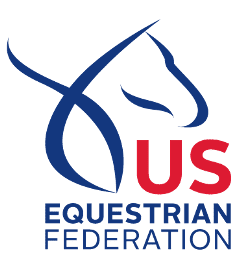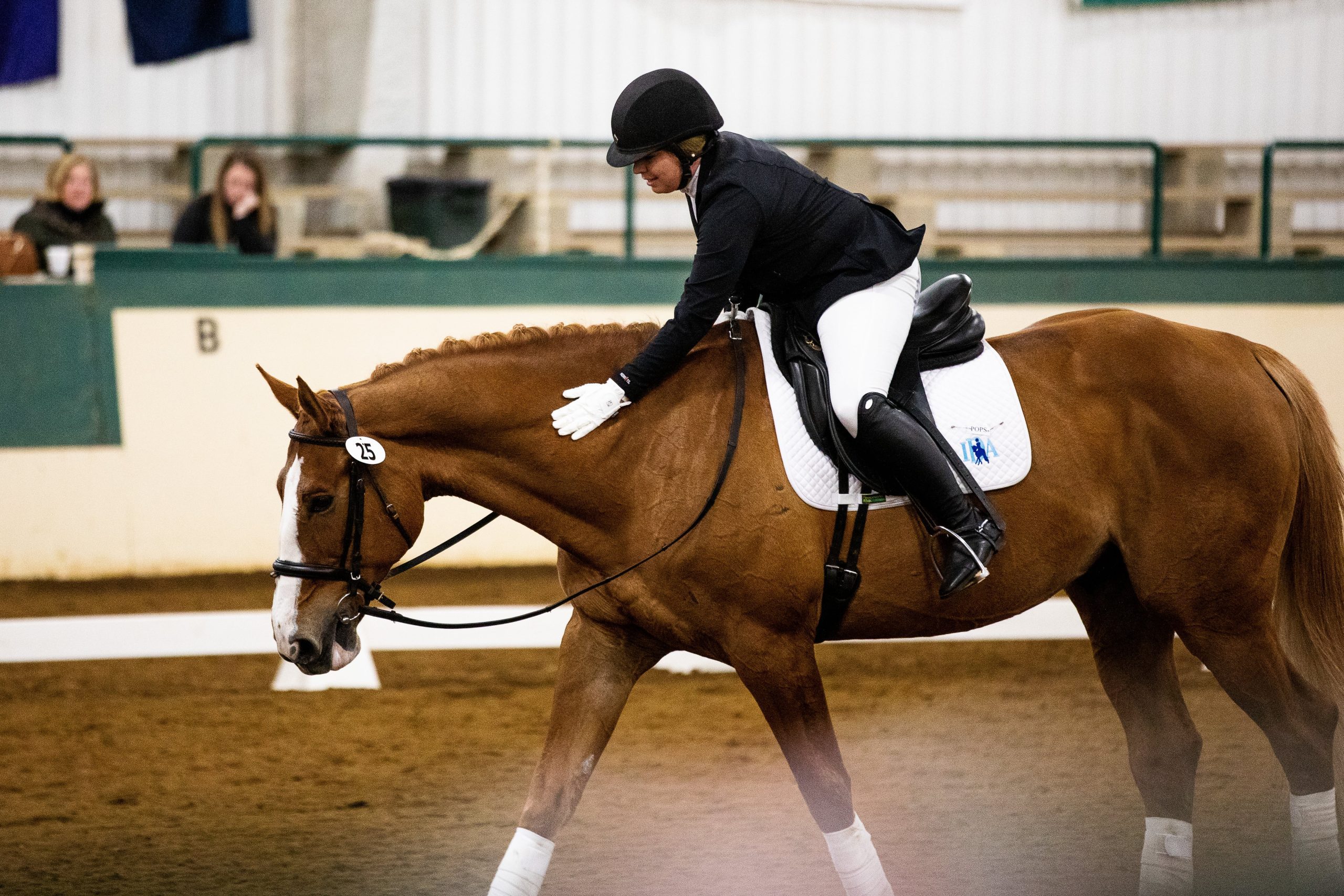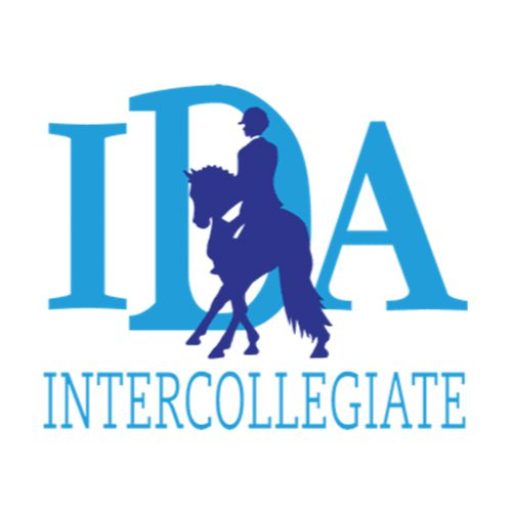USEF Safe Point
As of the 2020-21 Competition Season, ALL IDA Coaches are REQUIRED to complete and provide proof of US Equestrian Safe Sport Training.
The U.S. Center for SafeSport (Center) is a major partner in our efforts to combat abuse. Their jurisdiction is exclusive as it relates to allegations of sexual misconduct and it retains discretionary jurisdiction over non-sexual misconduct allegations, i.e. bullying, harassment, physical and emotional misconduct. Created in March of 2017, the Center is an independent organization which was authorized by Congress on February 14, 2018, through S. 534 – Protecting Young Victims from Sexual Abuse and Safe Sport Authorization Act of 2017. The bill amended the Ted Stevens Olympic and Amateur Sports Act of 1978 by designating the Center to serve as the independent national safe sport organization, with the responsibility for developing policies and procedures to prevent the emotional, physical, and sexual abuse of amateur athletes.
The Center receives reports, conducts investigations, determines sanctions, and informs National Governing Bodies for sport, such as US Equestrian, of sanctions against any persons for violations of the Center’s Safe Sport Code. The Center employs specially trained personnel to conduct its work. This partnership enables US Equestrian to bring you consistent and reliable reporting processes, resources and support.


IDA Code of Conduct
Intercollegiate Dressage Association (IDA) members, including riders, coaches, officials, and volunteers must conduct themselves in a sportsmanlike manner, and are responsible for their actions in competitions, going to and from competitions, and while at areas hosting competitions. Members are responsible for adherence to IDA competition rules and procedures. In all equestrian sports the well being of the horse shall be above the demands of trainers, riders, owners, organizers, sponsors or officials. In the interests of the horse, the fitness and competence of the rider is essential. All riding and training methods must demonstrate respect for the horse as a living entity and may not include any techniques considered to be abusive or overtaxing of the horse’s ability or fitness.
Get In Touch
Location
Lorem Ipsum
Dolor Sit Amet
